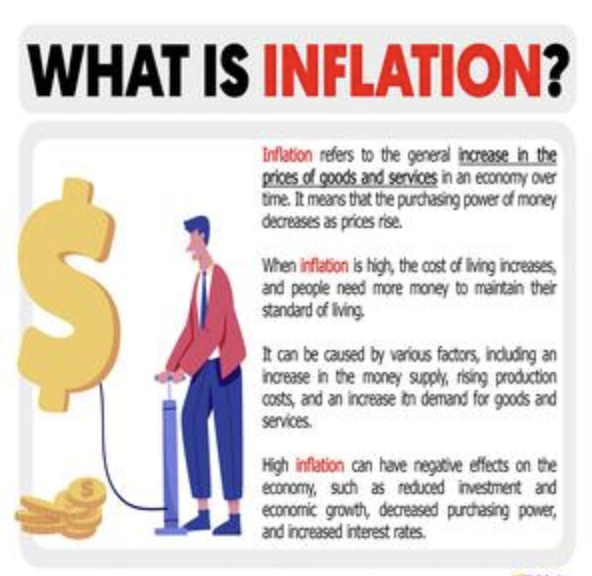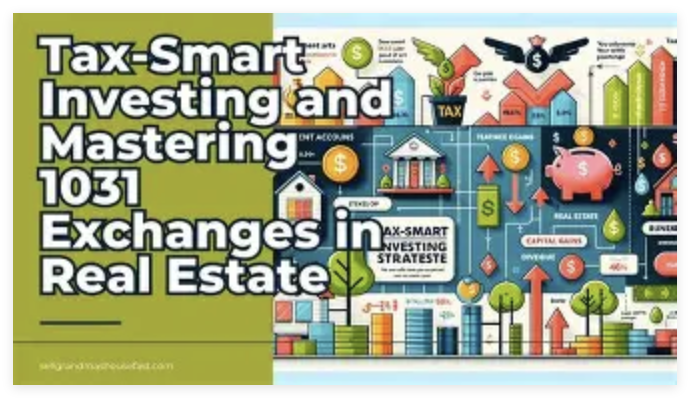Inflation, usually seen as just higher prices, quietly undermines how much people can buy. However, its effects go beyond expensive groceries. For individuals with considerable wealth, grasping its complexities and using smart strategies is essential to safeguard their wealth and way of life.

Beyond the Headlines: The True Face of Inflation
Inflation affects different sectors in varying degrees, with luxury goods facing what has been termed "silent erosion." Private jet rentals have increased by 10% annually, while the price of rare wines has jumped by 15% over the past 18 months—significantly outpacing standard inflation indices. This "hidden inflation" impacts the wealthy more than others, as they allocate larger portions of their budgets to fine art, exclusive vacations, and premium real estate—assets that are limited and highly sought-after, leading to larger price increases. Unlike essential items, these luxury goods contribute to a lifestyle that becomes increasingly expensive if not addressed.

Assets That Outpace the Curve
In addition to stocks, bonds, and real estate, smart investors seek out "inflation-proof options" that are rare. Antique Patek Philippe watches typically see an annual increase of about 8-12%, surpassing inflation and serving as valuable assets. Farming land in high-end food areas, such as Italian truffle farms, provides two benefits: income from crops and an increase in land value due to growing demand for gourmet products. When selected carefully, fine art can protect against economic slumps, as renowned pieces tend to maintain or increase their value when currencies decline.
Strategic Consumption Shifts
Individuals who spend a lot can seize chances amid inflation by adjusting their spending habits. Rather than simply saving money, they should invest in “experiential opportunities” that hold their worth. For instance, joining an exclusive worldwide travel club can secure current rates for several years, protecting against future price increases. Likewise, buying large amounts of rare liquor or collectible wines at today’s rates not only ensures availability but might also provide profits if stored correctly. For ongoing costs such as luxury services, it is wise to negotiate multi-year agreements with inflation limits—many premium providers will offer fixed prices for loyal clients, transforming an expense into a predictable cost.

The Power of Income-Generating Hedges
Income sources that adapt to inflation are essential. Companies known for increasing dividends, like LVMH and Hermès in the luxury retail sector, not only provide reliable payouts but also frequently boost their dividends as their ability to set prices improves, which helps them stay ahead of inflation. Investments in private credit that offer interest rates linked to inflation, such as loans to luxury startups or boutique hotels, guarantee that returns increase as expenses rise. Additionally, rental properties in desirable areas can raise rents annually based on local inflation when rented to affluent tenants, creating a protective measure that is self-sustaining.
Inflation should not be seen as a threat but rather as a challenge to manage. For those who are financially secure, it presents a chance to adjust their investment strategies and assets to not just endure increasing prices but to benefit from them—transforming decline into improvement, and conservation into growth.


